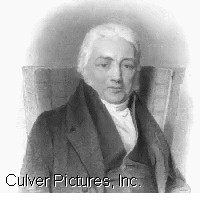
Coleridge
| Distinguishing/Dividing |
to detect that terribly obsessive, and terribly contemporary, fallacy which supposes that we must only distinguish things that we are also able to divide. It is closely allied to an obsession with space as the criterion of reality. When we divide things, we set them aside, either in fact or in imagination, side by side in space. But space is not the be-all and end-all, and there are many things that, by reason of their interpenetration cannot be divided, though they are easily distinguished: acquaintance and friendship, for example, or envy and hatred. . . . for human consciousness as it is today, thinking and perceiving come within that class. (11-12)"In everything to do with polarity," he reminds in "Where is Fancy Bred," "we have to be able to distinguish--without crudely dividing" (RM 90).
| See in particular "Thoughts and Thinking" (WCT 13-21). |